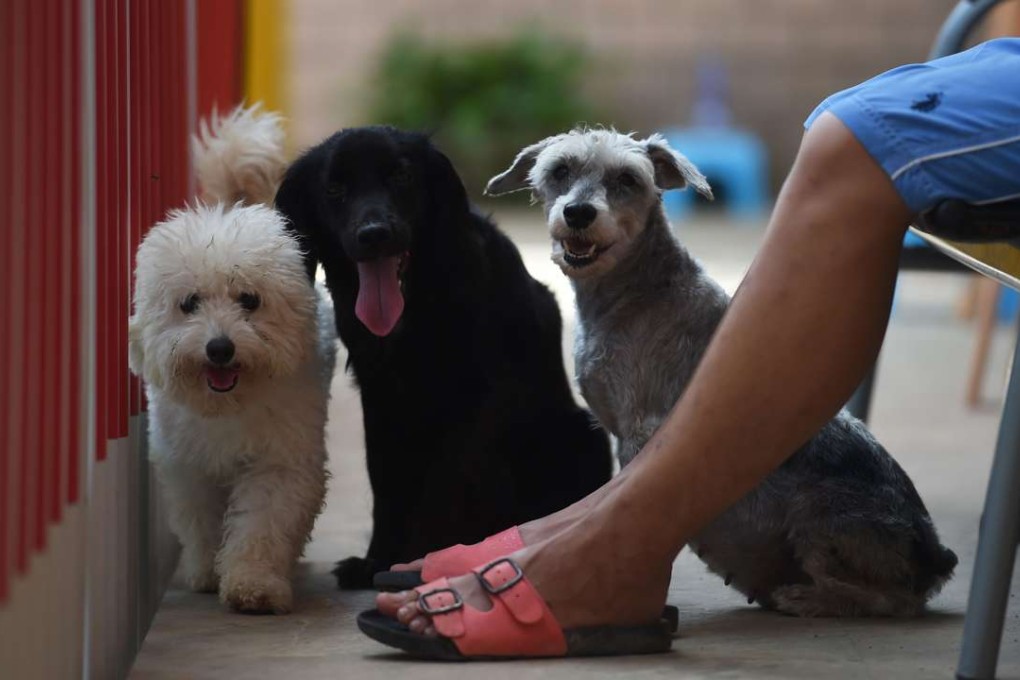No defence for a pseudo Chinese custom like dog eating
Peter Li says the practice is not rooted in Chinese history and its defenders – seen by some now as protecting a rural lifestyle – ought to move with the times, or risk becoming a laughing stock

On June 21, the globally known Yulin Dog Meat Festival will celebrate its seventh birthday. In 2010, the festival was fabricated by local traders so that thousands of dogs could be slaughtered and consumed.
There is nothing traditional about the festival in Guangxi ( 廣西 ). “We never heard of it when we grew up,” said a 67-year-old farmer during one of my recent trips to the city. On the contrary, the traditional view was that dog meat was “dirty meat” from stolen pets. In ancient times, Chinese emperors tried twice to outlaw dog meat consumption. The Sui dynasty (581-618) was a watershed in China’s culinary history; that was when dog eating lost popularity. Under the Tang dynasty, consumption of dog meat became a despicable habit in the eyes of the upper class. Successive dynasties led the world in cultural development. In the Yuan and Qing dynasties, dogs were seen as hunting companions and helpers.
The dog meat industry is not triggered by consumption; demand has been created by the industry. What makes it controversial is the claim that dog meat is a traditional food.
Yulin pledges to ban slaughter of dogs in public as controversial food festival draws near
Dog meat is not a mainstream food. Only a small number of people. mostly in rural and inland areas, consume the meat. A Shandong University professor found that dog meat is seldom eaten by Yulin’s rural and urban residents. My own observation of the dog meat market in Yulin in 2014 and 2015 suggested that the majority do not eat dog meat.
A recent survey commissioned by Humane Society International and civic organisation Avaaz also confirmed the finding, with 70 per cent of respondents saying they had not eaten dog meat.

Animal rights activists petition Yulin city office in Beijing against annual dog meat festival
The Yulin festival is hugely divisive. The festival and the industry as a whole have been implicated in a host of illegal activities, undermining public interest. The sources of the dogs for slaughter are suspect. Their transportation across provincial borders is in violation of vaccination requirements. Poisoned, injured, sick and dying dogs are crammed in suffocatingly small cages without food and water for days. Their slaughter is brutal.
Guangxi has China’s highest number of human rabies cases